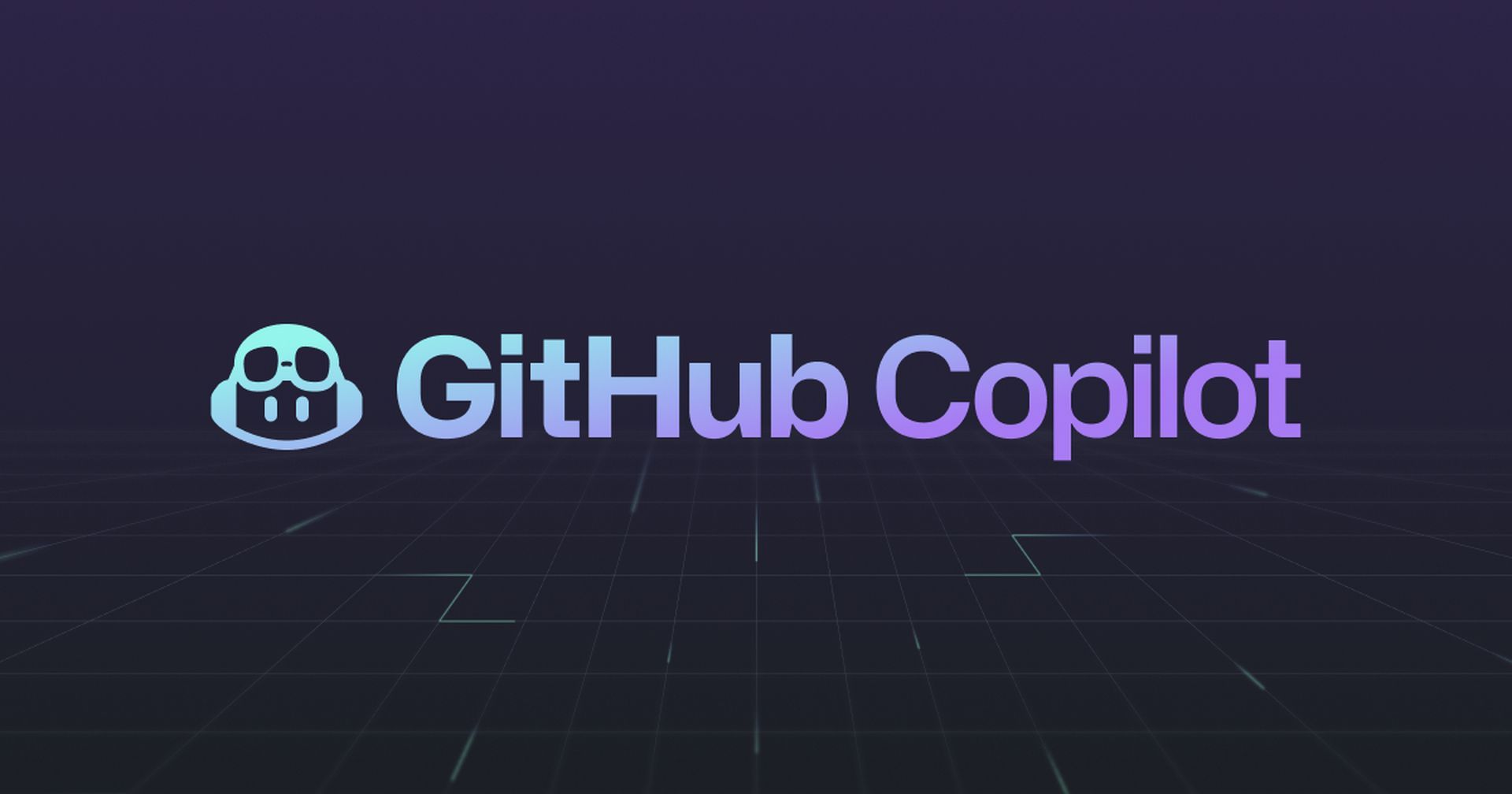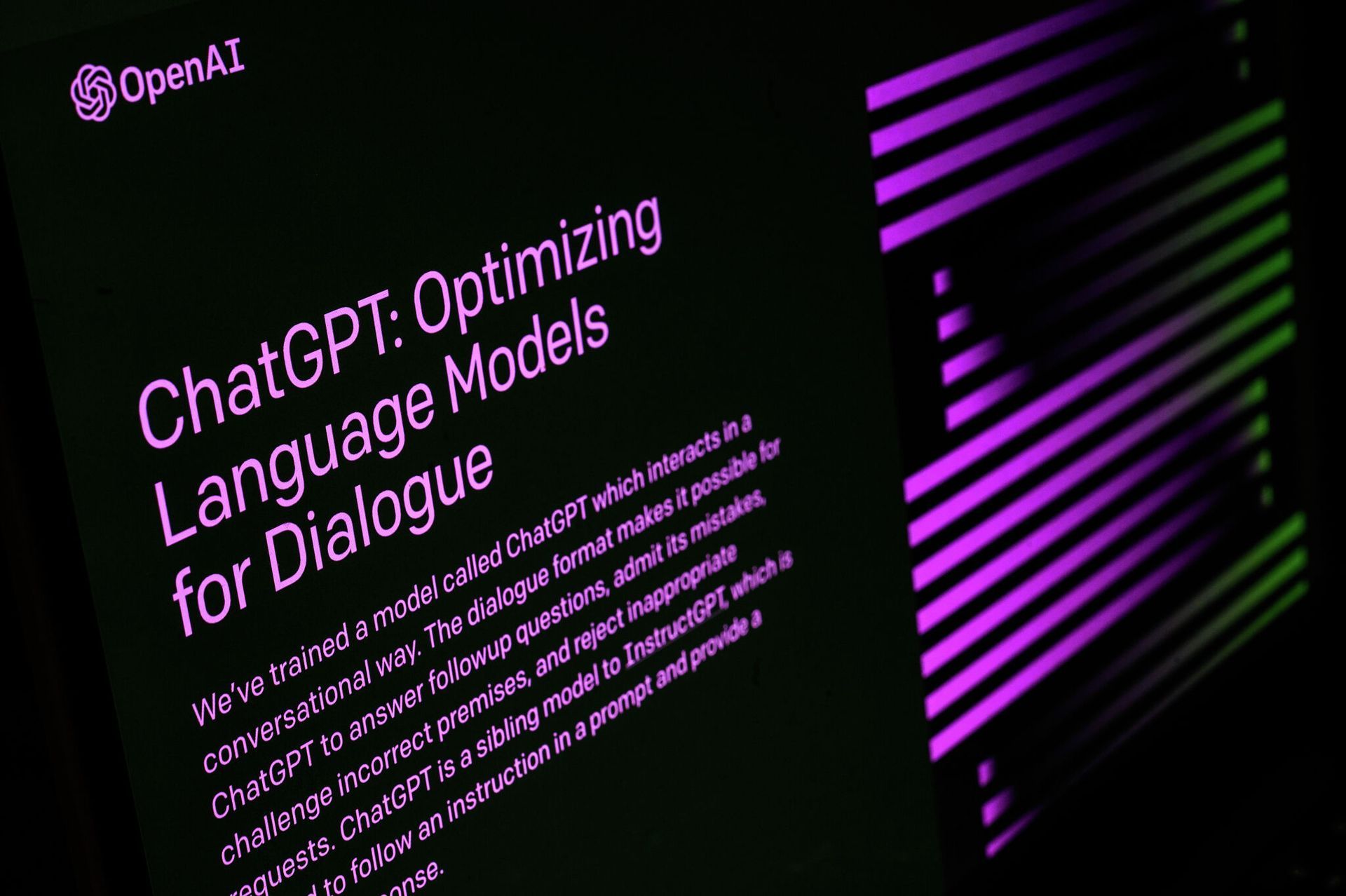Our comprehensive GitHub Copilot vs ChatGPT comparison aims to provide an in-depth analysis of their features and functionalities. During the year 2023, there has been a dominant inclination towards the exploitation of artificial intelligence (AI) instruments, namely ChatGPT, Dall-E, Notion AI, and others.
These AI tools exhibit a broad range of functionalities, such as image and text generation, content production, and more, all of which can be customized according to specific necessities. ChatGPT is an exceptional AI-powered chatbot that can perform a diverse array of tasks, including code generation. Its effectiveness can be compared to the widely-adopted GitHub Copilot.
GitHub Copilot vs ChatGPT
As a software developer who is seeking an appropriate AI assistant, this article will equip you with all the essential details that you require to make an informed choice between these two AI assistants.
| Features | ChatGPT | GitHub Copilot |
| AI model | GPT-3.5 and GPT-4 | OpenAI and machine learning |
| Functionality | Generates code and content | Assists in code autocompletion |
| Supported IDEs | None | Visual Studio Code, Visual Studio, Neovim, and IDEs |
| Learning curve | Suitable for beginners | Recommended for professional developers |
| Cost | Free | Paid subscription after a 60-day trial period |
| Support | Generalized solution | Programming-specific solution |
| Versatility | Can explain and modify code | Streamlines repetitive tasks |
| Memory | May lose track of projects | Can learn and remember coding patterns |
Note that this table is not exhaustive and is intended to provide a brief comparison between these two AI assistants. The choice of which tool to use will depend on your specific requirements and preferences.
Now let’s dive into the details.
What is GitHub Copilot?
GitHub Copilot is an AI-powered assistant that has been designed by GitHub, which utilizes machine learning to assist with code autocompletion in ongoing software projects.
It has been established employing OpenAI and is compatible with Visual Studio Code, Visual Studio, Neovim, and IDEs. Consequently, you can initiate a project and utilize GitHub Copilot to create additional code that satisfies your specific necessities.

The intelligent analysis of code using machine learning is the fundamental mechanism that Copilot employs to produce recommendations to finish your code. Copilot can facilitate the optimization of repetitive code, which can help you concentrate on the task at hand. Moreover, Copilot offers support for multiple programming languages, which makes it a versatile tool for most users:
- Python
- JavaScript
- TypeScript
- Ruby
- Go
- PHP
- Swift
- Kotlin
- Rust
- C#
- C++
- Java
- HTML/CSS
- SQL
It is worth noting that the aforementioned list is not exhaustive, as GitHub is constantly enhancing Copilot and augmenting its support for additional programming languages. Thus, this list is subject to modification in the future and may encompass a more extensive range of programming languages.
What is ChatGPT?
ChatGPT is an AI-powered chatbot developed by OpenAI that utilizes the company’s popular large language models (LLMs), specifically GPT-3.5 and GPT-4, to create text and content based on provided prompts. The chatbot is capable of executing various tasks, such as generating content, code, scripts, articles, research papers, and more.

Moreover, you can prompt the chatbot to adopt diverse roles and respond to your messages accordingly. This characteristic makes ChatGPT an adaptable tool, not only for developers but also for other professionals who seek to automate repetitive and tedious tasks. Here is a list of programming languages supported by ChatGPT.
- Python
- Java
- JavaScript
- C++
- Ruby
- PHP
- Swift
- Kotlin
- Rust
- TypeScript
- Go
- Perl
- SQL
Final words
When evaluating these two AI assistants, GitHub Copilot is the recommended tool for experienced developers. This is primarily because Copilot has the ability to learn from your patterns and propose code accordingly. As Copilot gathers more information, it can make increasingly improved recommendations, which is beneficial in the long run. On the other hand, ChatGPT is a broad-spectrum solution that can assist in generating code along with explanations. It is more suitable for novices and individuals who are just learning to code, as the chatbot can elucidate the proposed code and make modifications based on your feedback.
Another aspect that distinguishes these two AI assistants is the cost factor. While GitHub Copilot mandates a paid subscription after a 60-day trial period, ChatGPT is entirely free of cost, rendering it an excellent option for new users.

Conversely, Copilot is recommended for professionals seeking to invest in an AI assistant that can streamline their daily duties, enabling them to concentrate on ongoing projects and meet deadlines with ease. Additionally, ChatGPT can help you generate code and carry on the conversation about a specific project.
However, if the conversation is lost or deleted, it may not be possible to resume the project unless you create a special prompt in the preceding conversation so that ChatGPT can recall and proceed with the project.
In contrast, GitHub Copilot utilizes machine learning to continually learn from your code and behavior, thereby refining its suggestions over time. As it gains more experience, Copilot will enhance its recommendations and become exceedingly proficient in its responses and suggestions.
The goal of our GitHub Copilot vs ChatGPT comparison were to offer a side-by-side comparison of their capabilities to help users choose the most appropriate AI assistant for their work, we hope you enjoyed.
Don’t forget to check out the ChatGPT competitors that are just as good as ChatGPT before you leave!





